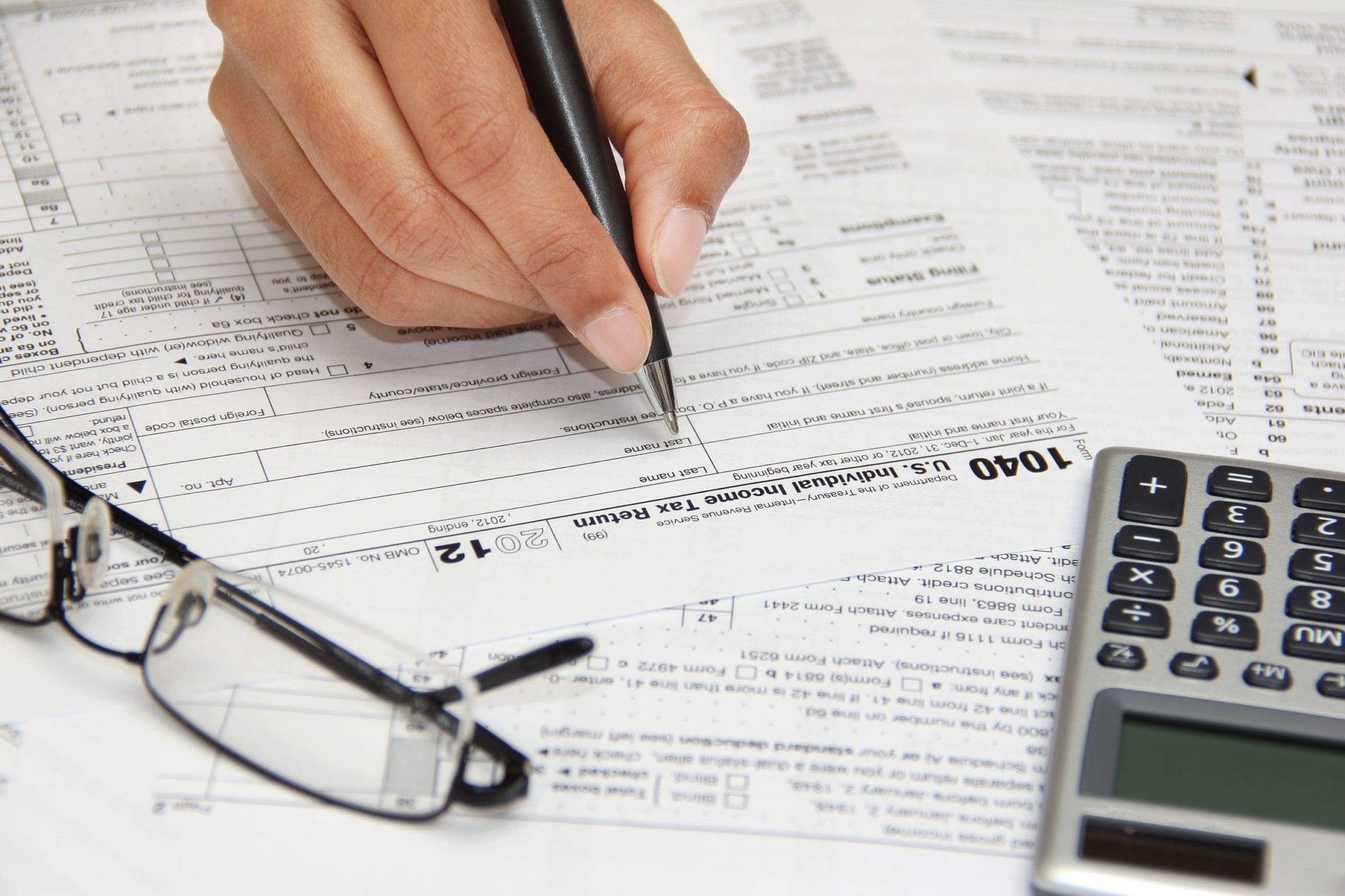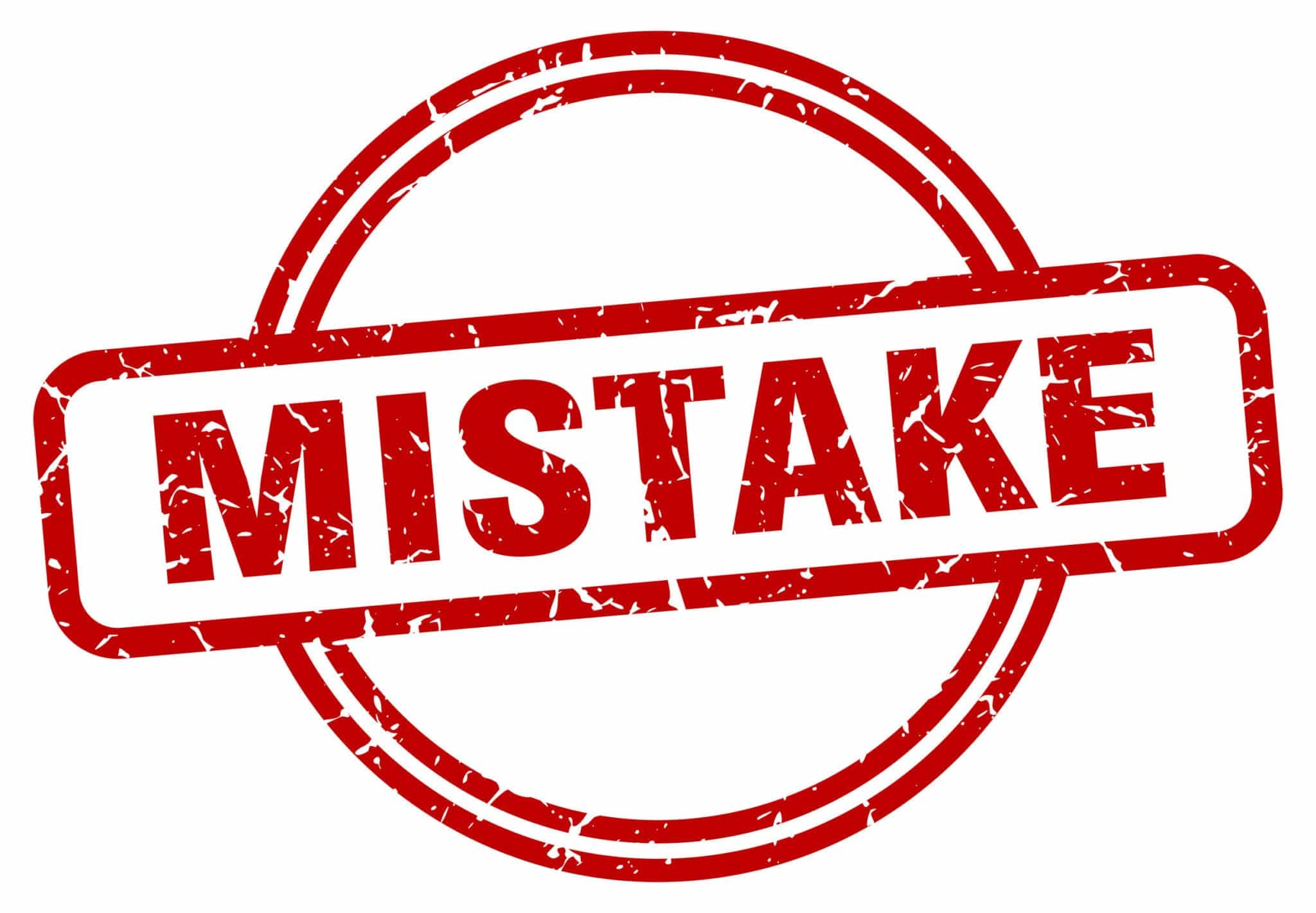Tax time is once again upon us. Even if you think that you’re due for a nice rebate, the tedium of filling out tax returns compels most of us to put it off until the last minute -- or to pay someone else to do it for us.
If you do decide to file your taxes on your own, if you’re not careful when filling out your returns, you could end up facing a far more serious consequence than missing out on a part of your refund: tax fraud charges.
Likewise, if you don’t hire a competent tax professional, you could end up falling victim to fraudulent practices, in which tax preparers commit tax fraud on behalf of their clients, usually to maximize the fee that they charge.
Let’s take a look at how Texas defines tax fraud, and how to avoid committing it.

Texas State Tax Fraud
Texas is one of the few states not to charge its citizens income tax, and its primary source of tax income is sales tax. Therefore, most Texas state tax fraud cases involve businesses.
Moreover, investigations into a business's financial workings can potentially reveal the presence of a larger criminal enterprise.
For example, if a business owner is using their business as a “front” for a money-laundering operation, suspicious tax returns could trigger an audit, revealing a far more serious offense than simple tax fraud or tax evasion.
Businesses can face state tax fraud charges in Texas for any of the following:
- Failing to pay collected sales taxes to the state comptroller
- Keeping fraudulent financial records, including false entries, failing to enter records, and failing to produce records for an inspection
- Under-reporting income
- Over-reporting deductions
- Using phantom-ware to falsify electronic records
Businesses can face penalties such as fines and revocation of sales tax permits. The responsible parties within the business can face time in jail or a Texas state prison.
Federal Income Tax Fraud
The bigger concern for individuals in Texas is federal tax fraud, which stems from fraudulent federal tax returns filed with the IRS.
Income tax fraud occurs when you do any of the following:
- Purposely do not file an income tax return
- Prepare and file a false tax return
- Intentionally fail to pay taxes that are due
- Purposely fail to report income
- Make a fraudulent or false claim
Tax Mistakes that People in Texas Make
 Anyone who’s tried to fill out an income tax return knows that it’s no simple matter. In fact, it’s very common to make mistakes on your tax returns.
Anyone who’s tried to fill out an income tax return knows that it’s no simple matter. In fact, it’s very common to make mistakes on your tax returns.
Texans commonly make the following tax mistakes:
- File a tax return with missing or incorrect information
- Improperly claim earned income tax credit they are not eligible for. In fact, this is a common IRS audit trigger.
- Abusing tax shelters - often at the urging of accountants or wealth planners
- Claim incorrect or inflated deductions
- Fail to report income
- Fall victim to tax preparer fraud, in which the tax preparer claims improper credits or reductions to increase their own fee
Texas Tax Fraud... or Tax Negligence?
As we stated above, it’s relatively common to make a mistake on your taxes. But does this constitute fraud?
For a tax error to constitute fraud, it must be committed willfully, and with the intent to defraud the IRS. If the mistake is committed inadvertently, it is considered negligence.
The IRS understands that tax code is complex, and that most people without a tax or finance background could struggle to decipher it. Therefore, when distinguishing tax fraud from tax negligence, IRS auditors look for common signs of fraudulent activity, including:
- Overstating deductions and exemptions
- Patently false documents
- Transferring or concealing income
- Maintaining two sets of financial records
- Willfully failing to report income
- Claiming nonexistent dependents
- Forging documents
- Use of a false social security number or other evidence of identity theft
- Claiming personal expenses as business expenses
So When Can an Individual Go to Prison for Tax Fraud in Texas?

If the IRS determines that any errors on your tax returns constitute negligence, you’ll be required to pay whatever amount you’ve underpaid, and potentially a penalty of up to 20 percent.
That said, if you are found to have committed tax fraud intentionally, rather than by mistake, you could be brought up on one or more of the below charges, punishable as follows:
- Tax evasion: Up to five years of imprisonment and a fine up to $250,000
- Fraud and False statements: Up to three years in prison and a fine up to $250,000
- Willful failure to file a return: Up to one year of imprisonment and a fine up to $100,000
If you do run into problems with your taxes or find out that you’re being audited, get help right away. Learn about your options ahead of time, which can potentially help you avoid greater consequences.
About the Author:
Brandon Fulgham has an in-depth understanding of both Texas law and Texans themselves. Before practicing law here, he received his undergraduate degree from TCU, and his law degree from South Texas College of Law in Houston. After graduation, he worked in District Attorneys’ offices as a prosecutor, building cases designed to put people behind bars. Now, he uses that knowledge to protect the rights of people in and around Fort Worth, making sure they receive the strongest possible defense when they find themselves on the wrong side of the law. He has been recognized for his work by The National Trial Lawyers, Fort Worth Magazine, and others.